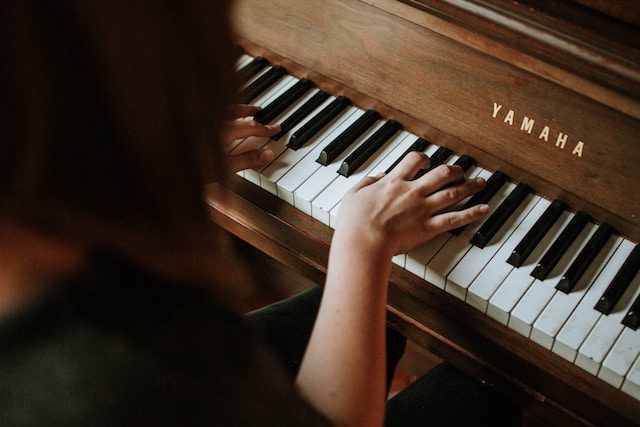Piano lessons are not as popular as football, music, and other extracurricular activities. However, piano lessons top the list of fun, educational, and transformational activities for school-going children. Like music classes, children who take piano lessons get better grades and will most likely become successful in life.
Learning to play an instrument teaches children how to focus, work hard, be creative, and be patient, which are crucial real-life skills. That said, below are four reasons you should enroll your kid at a piano school like South Shore Piano School.
Table of Contents
1. Better Grades at School
Piano lessons (and music in general) largely involve mathematics and reading, so it makes sense that piano lessons can improve your child’s academic skills. A study by the Journal of Educational Psychology found that learning to play an instrument improves a child’s IQ and overall academic performance.
The study involved kids aged 6 to 11 and found that they experienced a sixth-point increase in IQ after music lessons. This outdoes the impact of sports, ballets, and other group activities on academic performance.
That aside, piano lessons require close collaboration between the child and the music teacher. This teaches students the importance of working with mentors and how they should conduct themselves around adults and superiors.
2. Instills Discipline
Discipline is an important aspect of growing children. Apart from home and school-instilled discipline, extracurricular activities like learning piano help children learn the benefits of being disciplined. Learning to play piano is a continuous process that requires regular practice. Very few students become piano prodigies overnight.
The learning process is exciting, humbling, and challenging for students. The basics, like proper hand positioning, slowly evolve into challenging melodies, chords, and musical sounds. Undergoing this process teaches students the importance of aiming at specific goals and improving slowly. This requires constant practice and a lot of discipline.
3. Improves Coordination and Motor Skills
Piano lessons also help children improve their coordination and motor skills. Playing an instrument like the piano requires extensive coordination of the hand, arms, and feet. Getting started might prove challenging for most young learners. However, with continuous practice, your child gradually becomes agile with their movements. They slowly improve their hand-eye coordination and agility.
4. Improves Confidence and Self-Esteem
Like handling any other musical instrument, learning to play the piano significantly improves your child’s confidence and self-esteem. Learning to play the piano is challenging and requires regular practice and discipline. This often involves constructive criticism from piano teachers.
The ability to process feedback and use it to make productive changes helps build confidence. Realizing they are not perfect and can improve empowers the child to seek self-betterment. Children who work hard to improve their skills often develop self-confidence. Similarly, the sense of satisfaction your child feels after mastering various musicals is ecstatic. It boosts their confidence, especially in front of an audience.
Endnote
While most parents currently focus on technical skills for their children’s future, you shouldn’t overlook special skills, such as playing piano. Piano lessons are a great investment for uniquely talented children. It boosts their confidence and is an avenue for children to express their creativity.
Featured Photo by Jordan Whitfield on Unsplash




